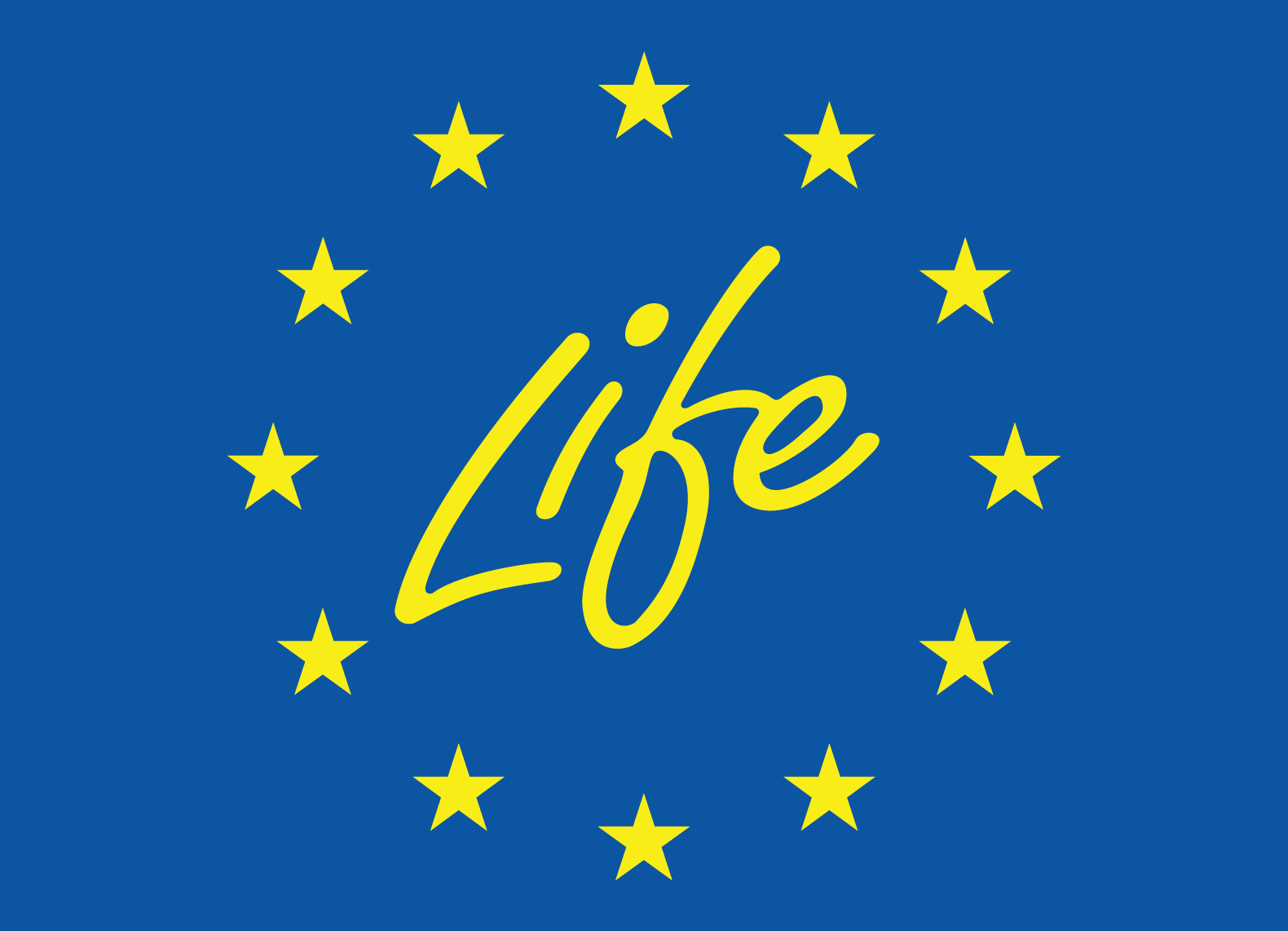Sustainability labels, ”sustainable or not? That’s the question!”
In the current food environment, labels are crucial to provide consumers with information to help them make the sustainable choice. So, a sustainability label should be based on a methodology reflecting the complexities of the agrifood system. For bio-sourced products such as agri-food products and textiles, it should covers ‘external’ costs like pesticide use, impact on biodiversity and climate, animal welfare and more.
On 30 November, the European Commission will reveal their proposal for a Regulation on Substantiating Green Claims based on the Product Environmental Footprint (PEF). By the end of 2023, it will also release a sustainable food systems law, including principles underpinning a sustainability label.
As IFOAM Organics Europe, we already raised concerns about the Product Environmental Footprint (PEF), the methodology developed by the European Commission, in our position paper on sustainability labelling and the Planet-Score. The latter is an alternative currently being developed by ITAB, the French Organic Institute, which reflects in a more accurate way the complexities and externalities of the agrifood system.
To understand better what is at stake behind these labels and their methodology, we co-organized events on 26 Wednesday October, including a webinar Green Claims & PEF: how can metrics foster or destroy sustainability?
During this webinar, various actors from economic, political and research background explored the implications of the methodological choices around the environmental labelling of food and textiles products. Some of the event’s takeaways:
- Methodologies based on the Life Cycle Analysis (LCA) only, such as the PEF, are unable to reflect the planetary boundaries in their scoring of bio-sourced products. Therefore, the PEF cannot be considered a tool to nudge consumers towards products from sustainable methods of production;
- Because of its inadequacy to consider externalities (positive and negative), the PEF cannot assess methods of production, only individual products which makes it more an indicator of yields. Thus, is will automatically favour intensive systems of production;
- Consumers want more information on the sustainability of their products. Crucial topics such as pesticides, biodiversity, animal welfare, are increasingly important for them. So, retailers and producers want to be able to show their commitments with environmental labelling. While this is currently not possible with the PEF, it is with the Planet-Score;
- Methodological choices are not neutral. Choosing to give weights to some elements rather than others or using certain methods of calculation is a political choice. The speakers insisted that the methodology should be openly discussed, to be in line with the transition towards sustainable food systems the EU needs. Environmental labelling can be a helpful tool to drive changes in consumers’ behaviours if it is thought and designed in coherence with transition towards more sustainable food systems, rather than further increasing intensification.
Watch the full recording of the webinar ‘Green claims & PEF: how can metrics foster or destroy sustainability?’ on our YouTube channel. Please note that the recording is floor audio, so a mix of French and English.
To learn more about IFOAM Organics Europe’s work on sustainability labelling, can check our website.
For more information on sustainability labelling and IFOAM Organics Europe’s work on this issue, please contact [email protected]

The work of IFOAM Organics Europe on this topic is co-financed by the LIFE programme of the European Union, under the Climate, Infrastructure and Environment Executive Agency (CINEA). This page only reflects the views of the authors and its sole responsibility lies with IFOAM Organics Europe. The CINEA is not responsible for any use that may be made of the information provided.

